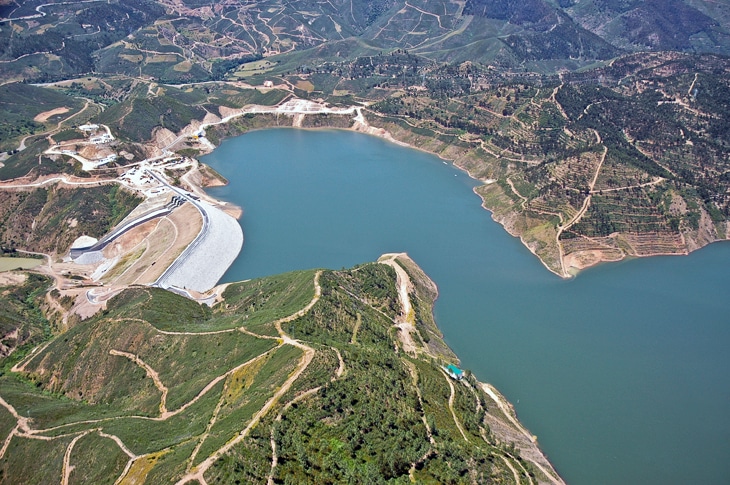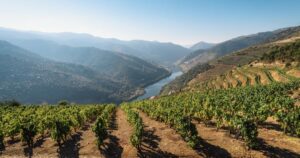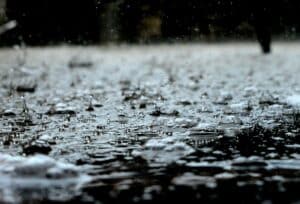This year’s rainfall “was an exception,” environment agency warns
The Algarve’s water reserves have hit a record high, with regional dams now 88% full, according to Portugal’s Environment Agency (APA). That’s a massive boost of 194 million cubic meters of water compared to this time last year.
“This is a record for the Algarve,” an APA official told Lusa news agency, warning however that this year’s plentiful rainfall is not expected to become thenew norm.
“This was an exception,” the source said. “Now’s the time to focus on water resilience projects to prepare for the region for the coming years.”
Despite this year’s good news, the Algarve has faced serious water shortages in recent years. According to APA, rainfall in the region has been 25–30% below average over the past 12 years, and since 2019, that shortfall has worsened to around 45%.
Right now, the six main reservoirs in the Algarve are holding 393 million cubic meters of water, the highest levels seen in years. But with climate change and drought still major concerns, officials are urging long-term action rather than celebration.
What is being done to improve Algarve’s water resilience?
Chief among the projects in motion to increase the Algarve’s water supply is the construction of a desalination plant in Albufeira, defended by the government as an essential move to guarantee a steady supply of water for the region, but blasted by others as an environmental disaster waiting to happen. The €108 million project is due to begin construction this year, although a number of judicial challenges have been lodged.
Further east, there is also a major project underway to supply the Algarve with water collected from the Guadiana River at Pomarão in the Alentejo. In a nutshell, the project involves collecting water from the Guadiana River at Pomarão in the Alentejo municipality of Mértola and channelling it to the Odeleite reservoir in the Algarve municipality of Castro Marim through a 40-kilometre underground pipeline. The project is expected to provide around 16 cubic hectometres of fresh water per year for the Algarve.
Last month, Eco newspaper reported that “an investment of €350 million is planned in medium-term measures to increase the resilience of the region’s supply system, with a horizon of 2025 to 2035, and the PRR (recovery and resilience plan funded by Brussels) as a source of funding – and a long term programme to increase the availability of water in the public supply system, costed out at €45 million, to be carried out between 2035 and 2042.”




















